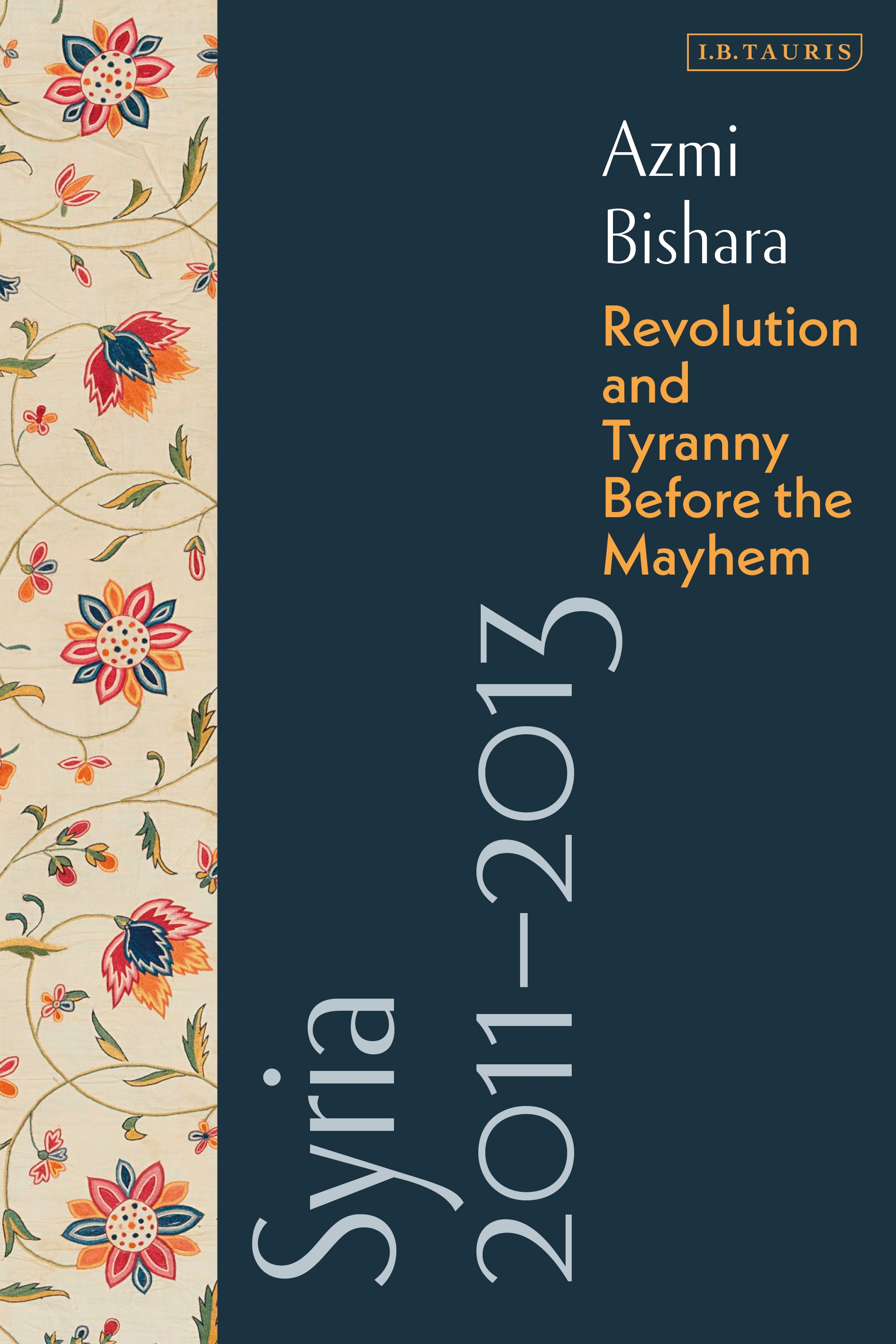Azmi Bishara’s book on the Syrian Revolution is one of the most comprehensive and profound works on the subject published to date. Translated here into English for the first time, the study examines the complex roots of Syria’s political and sectarian conflicts from the day revolution erupted on 15th March 2011 to its descent into civil war in the two years that followed. The book unearths and discusses the very first signs of protests from across Daraa, Hama, Aleppo, Damascus, Raqqa, Deir El Zour, Edlib and Homs, and it deals with Syria’s ruralization process and the subsequent economic ’liberalization’, which eventually led to the revolt against the Baath party. The work is based on high-level interviews, analysis of the country’s socio-economic background, and examination of the Syrian regime’s strategy and its political and media discourse. Syria’s revolution is chronicled in two stages: the peaceful civil stage and the armed stage. Bishara’s analysis first centres on the regime’s strategy, unveiling despotism, massacres, kidnapping, sectarian tendencies, jihadist violence, the emergence of warlords, and the chaotic spread of arms. He then turns to the role of the opposition to narrate in detail the events that broke out and exactly how a peaceful protest turned into an armed struggle. The book provides a roadmap to how revolution broke out and is a comprehensive analysis of what drove those early events. Its publication brings renowned Arabic-language scholarship to the English-speaking world.












